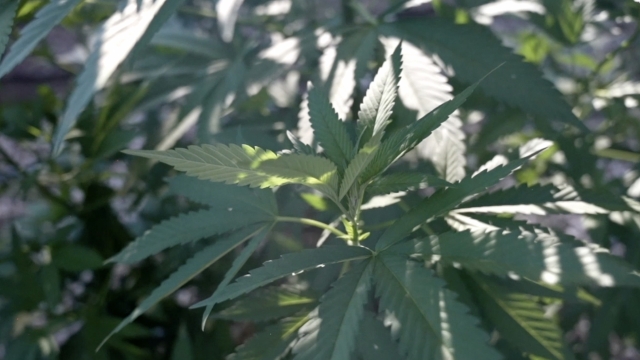President Joe Biden pardoned thousands of people who were convicted of use and simple possession of marijuana on federal lands and in the District of Columbia at the end of December, in his latest round of executive clemencies meant to rectify racial disparities in the justice system.
The pardon builds on a similar round before the 2022 elections that pardoned thousands convicted of simple possession on federal lands. The administration’s most recent action widens the breadth of criminal offenses covered by the pardon.
The president, in a statement, said his actions would help make the “promise of equal justice a reality.” The move comes as attitudes around marijuana shift nationwide.
In November, Gallup released a poll that shows 70% of Americans nationwide think marijuana should be legalized, the highest number on record. In 2014, when 55% of Colorado voters voted for the state to become the first in the country to legalize marijuana, 51% of Americans nationwide agreed marijuana should be legal.
Since Colorado has legalized marijuana, more than $15 billion of the drug has been sold in the state as of October 2023, according to the Colorado Department of Revenue, and those sales have led to $2.58 billion in tax dollars.
According to the Colorado Department of Revenue, local governments receive 10% of the 15% retail marijuana state sales tax. The 10% is divided among the local governments. Each state appropriates its tax dollars from marijuana differently, but in Colorado the 15% retail marijuana excise tax goes to Colorado public school construction. The excise tax is remitted by the retail marijuana cultivation facility on the first sale or transfer of retail marijuana to any retail marijuana store or retail marijuana products manufacturer. The first $40 million in retail marijuana excise tax revenue collected annually goes to public school construction. Any revenue above that is transferred to the Public School Fund.
The tax money from marijuana sales differs in every state. For example, in Illinois, which legalized recreational marijuana in 2020, much of the tax money from marijuana sales goes to the state’s rainy day fund.
In the most recent election cycle, Ohio became the newest state to legalize the recreational sale of marijuana, making it the 24th state in the country to do so, along with Washington D.C.
Trending stories at Scrippsnews.com




